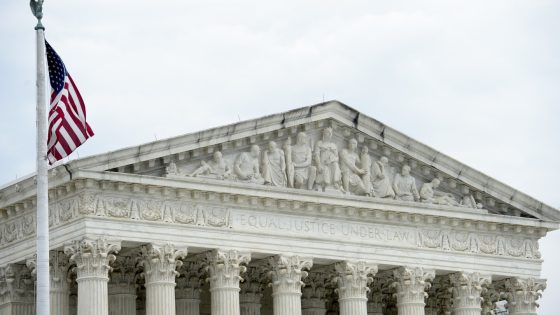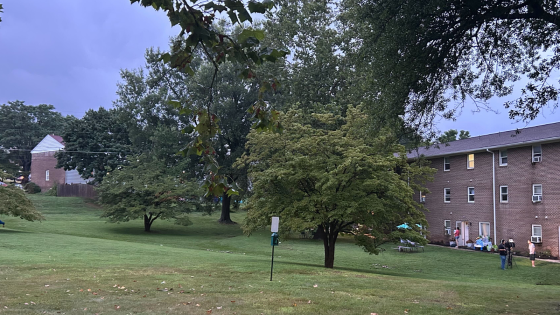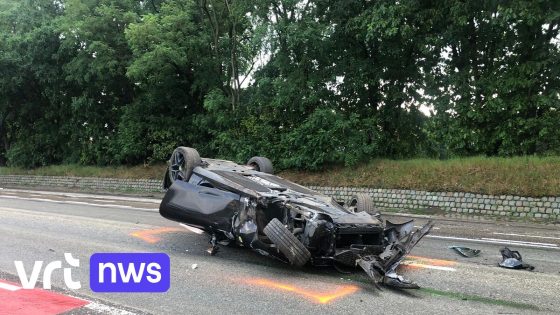The Supreme Court’s recent ruling has significant implications for death row inmates seeking justice. In a landmark decision on June 26, 2025, the court favored Texas death row inmate Ruben Gutierrez, allowing him to pursue DNA testing that could prove his innocence.
- Supreme Court rules for Texas death row inmate
- Ruben Gutierrez seeks DNA testing for innocence
- No physical evidence links Gutierrez to crime
- Case parallels Rodney Reed's DNA testing fight
- Previous execution dates delayed for various reasons
- Victim was a retired teacher and mobile home manager
This 6-3 ruling opens a potential path for Gutierrez, who was convicted for the 1998 murder of Escolastica Harrison, an 85-year-old woman. His lawyers argue that there is no physical evidence linking him to the crime, raising questions about the integrity of the judicial process.
This decision not only impacts Gutierrez but also raises broader questions about the fairness of capital punishment. How many others might be wrongfully convicted? The ruling underscores the importance of forensic evidence in ensuring justice. Key points include:
- Gutierrez’s case mirrors that of Rodney Reed, another Texas inmate seeking DNA testing.
- The lack of physical evidence in Gutierrez’s conviction raises serious doubts.
- The ruling may encourage other inmates to seek similar legal recourse.
As the legal landscape evolves, it’s crucial for advocates and lawmakers to address these pressing issues. Will this ruling inspire more inmates to seek justice through DNA testing?
































